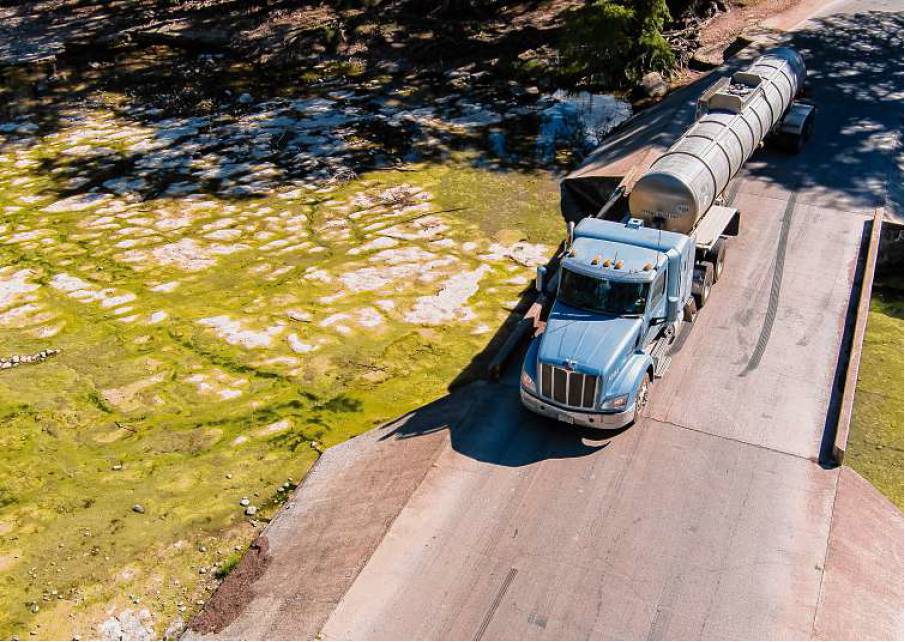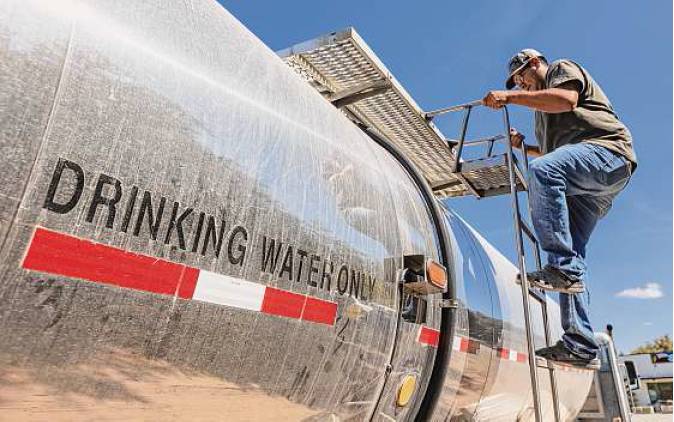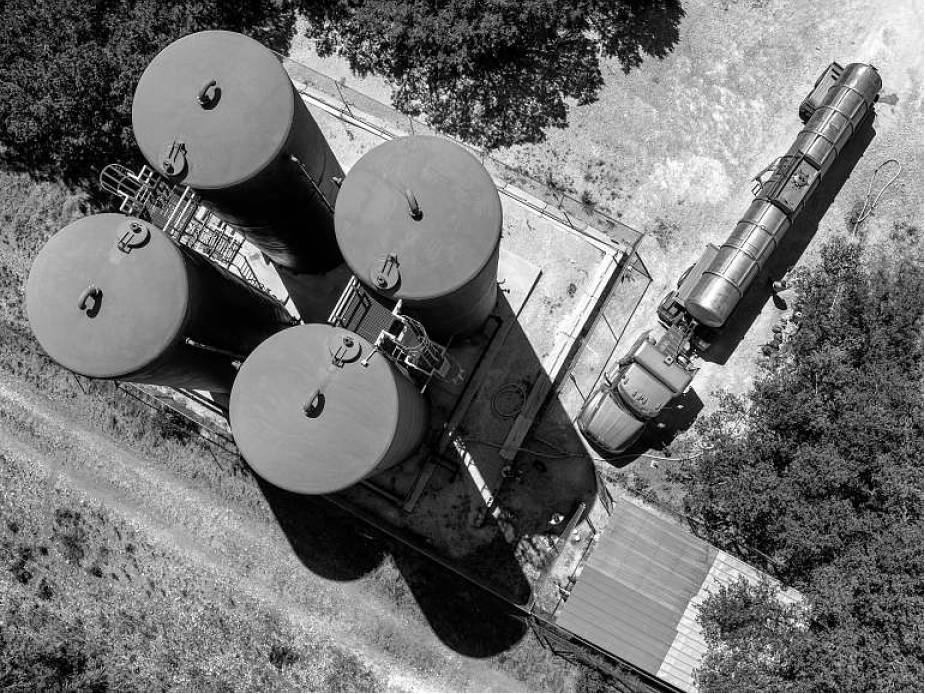With midterms ahead, is water on the ballot?
Poll shows 84% of Texas voters want Legislature to tackle infrastructure
By Elena Bruess STAFF WRITER
With midterm elections just around the corner, Texas voters must consider immigration, abortion access and gun violence. But when prompted, many worry about water, too.
Eighty-four percent of Texas voters want the Legislature to create a fund to update aging water infrastructure, and 82 percent want to increase investments to expand water supplies. That’s according to a recent poll by Texas 2036, a nonprofit data organization in Austin.
The poll surveyed 1,000 Texas voters to better understand general attitudes about the present and future of the State of Texas and to measure public support for bipartisan issues, such as internet access, education and workforce training.
“I think while right now during the elections, people are focused on very partisan issues, this shows that Texans do agree across the board on issues like water infrastructure,” said Jeremy Mazur, senior policy adviser at Texas 2036. “It’s heartening to know that this is one of those areas that we think Texans will get behind, in addition to our education and workforce initiatives.”
The group conducted the survey via text, phone and internet, and respondents heard the questions without further information or context. Yet because of the recent water challenges in Texas, such as the summer drought and the water crises in Laredo and Odessa, interest was high, Mazur said.
The team at Texas 2036 did not expect to see such a high data point for water infrastructure and had expected a number closer to 60 percent. The last water bill the Texas Legislature passed was House Bill 4 in 2013. It created a state water implementation fund and allocated $2 billion from the state’s Rainy Day Fund for the financing of water projects, such as new reservoirs and desalination plants.
It appears Texans remained concerned during the summer drought, especially in parts of the state where communities struggle with access to water — such as the colonias by the border or Concan. Overall, however, Texans have running, clean water on demand, so the issue can be back of mind.
But it doesn’t take a lot of probing for people to express worry about the state’s future access to water, said Josh Blank, research director at the Texas Politics Project through the University of Texas at Austin.
“It might take a major event to raise something that is mostly noncontroversial to most people to the level of something that is driving a vote,” Blank said. “If in February 2021, instead of the electricity going out, all the water pipes burst at once and hundreds of thousands, if not millions, of Texans were limited in their ability to get clear drinking water, then we’d be discussing water infrastructure instead of the grid.”
In the 2036 survey, respondents ranked water infrastructure fourth out of eight priorities when asked what to do with the state’s $27 billion general revenue budget surplus. Ahead of it was public school education, property tax reduction and the electric grid.
“Of course, people care about water,” Blank said. “But thinking about these sort of big, systemic things sort of requires a sustained attention. A lot of us sit in traffic every day, right? We’re probably more attentive to that, the transportation system, because we’re in it.”
Still, in the past year, advocates and researchers have pushed at the state level for water infrastructure changes, such as increased funding for city water companies or mass system overhauls to prevent water loss. Additionally, since Congress passed the $1.2 trillion Infrastructure Investment and Jobs Act last year, water agencies may have the funding to fix some of these problems.
And Mazur knows it’s less about these upcoming midterms and more about the future. A majority of Texans want to see the future of water secured, Mazur said. That can bring Congress members together to pursue larger problems together rather than divided.
“In a state that’s so divided, nothing indicates stronger unanimity among voters than water,” Mazur said. “This is a significant opportunity to really forge some bipartisan solutions moving forward.”
Elena Bruess writes for the
Express-News through Report for America, a national service program that places journalists in local newsrooms. ReportforAmerica.org . elena.bruess@express-news.net


